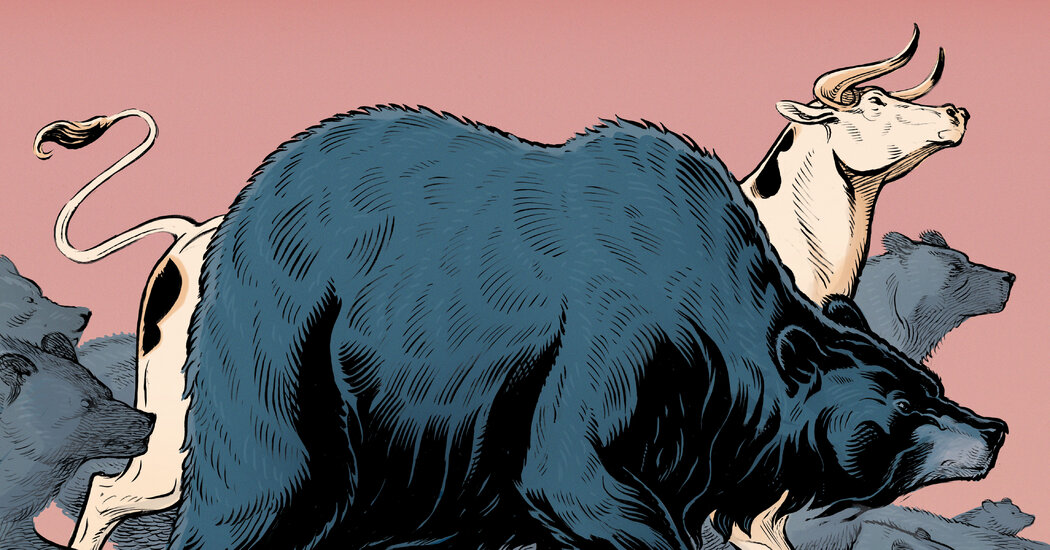It’s not a full bold call. Deutsche Bank sees a mild recession approaching the third quarter of next year. The downturn will hit most consumers, home sellers and ultimately corporate earnings, but it will only be a few quarters before some semblance of growth returns.
All eyes on the Fed
What could boost markets next year is a shift by the Fed. If the US central bank puts the brakes on rate hikes in 2023, stocks could rise. (Many bulls on Wall Street believe the Fed will cut rates in the second half of the year as inflation eases, despite zero indications from Fed Chairman Jay Powell that it will will do something like that.)
Rob Dent and Aichi Amemiya, economists at Nomura, see another factor influencing Fed policy in 2023: politics. The Biden administration has been largely silent in 2022 as the central bank raised the prime lending rate to a target range of 4.25 to 4.5 percent, up from virtually zero a year ago. That lull could come to an abrupt end, especially if aggressive monetary policy forces employers to cut jobs.
“Congress criticism is likely to intensify next year as job cuts begin,” the economists wrote in a recent investor note. “Powell’s aggressive commentary has so far been easier to sustain in an environment of historically low unemployment rates, but it will likely become more difficult as the labor market deteriorates. His bi-annual testimony before Congress in February is likely to be controversial.”
Conflicting signals for the coming year
For those who believe in holiday miracles, the last trading week of the year has historically been a winner for stocks. “The Santa Rally,” as Wall Street veterans call it, encompasses the seven trading days following Christmas, when the S&P 500 typically outperforms its historical seven-day moving average. The most bullish see the Santa rally as an indicator of future returns well into the new year.
The glass-half-full scenario: There are still a few whales buying stocks. Companies have bought back a record $1 trillion worth of stock this year, according to Goldman Sachs.
Understand inflation and how it affects you
The glass is half empty: Companies won’t keep up that pace next year, Goldman added.
Morgan Stanley’s Ms. Shalett also predicts a one-year dud for equities. But unlike many of her peers, she sees the US avoiding a recession as resilient consumers continue to spend and companies reinvest to keep the economy growing just enough to avoid a slowdown. “The implication of this is that inflation is higher for longer and the Fed is higher for longer,” she added, explaining why stocks will be under pressure if corporate earnings fall 10 to 15 percent.

